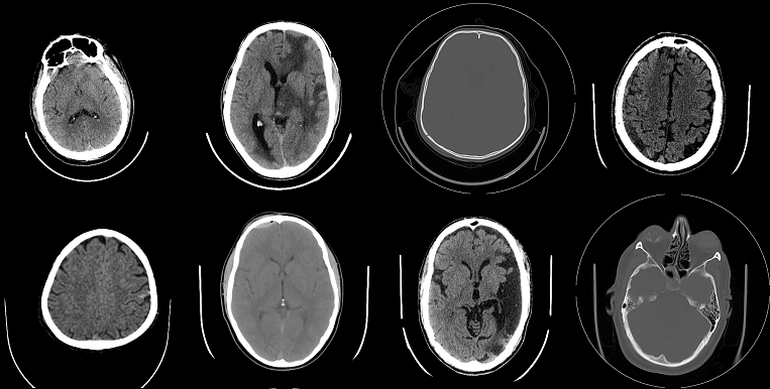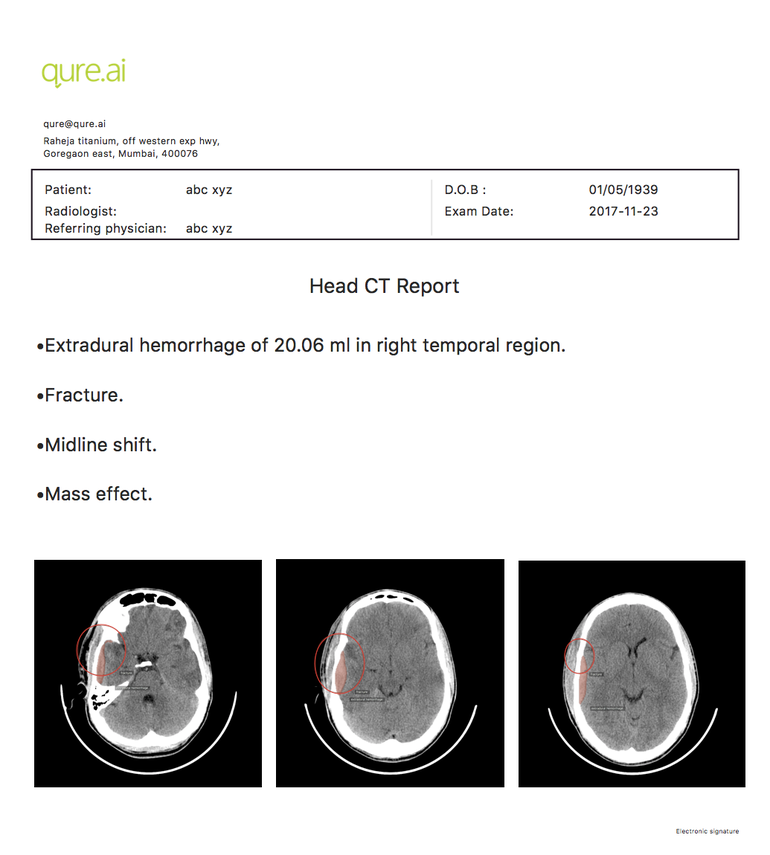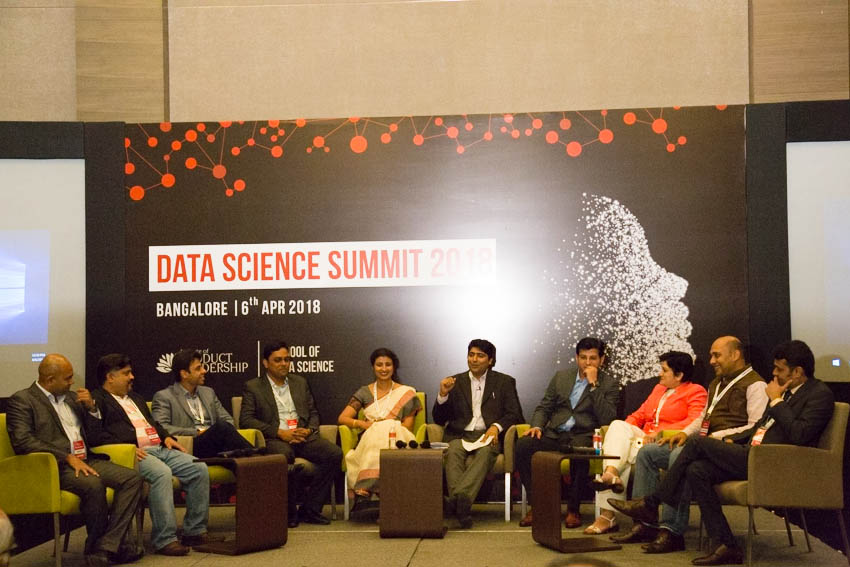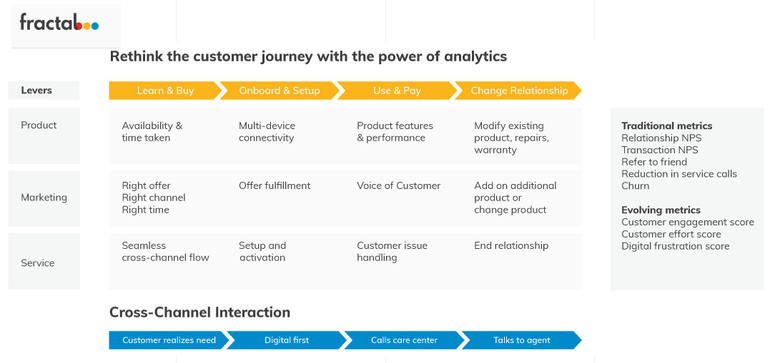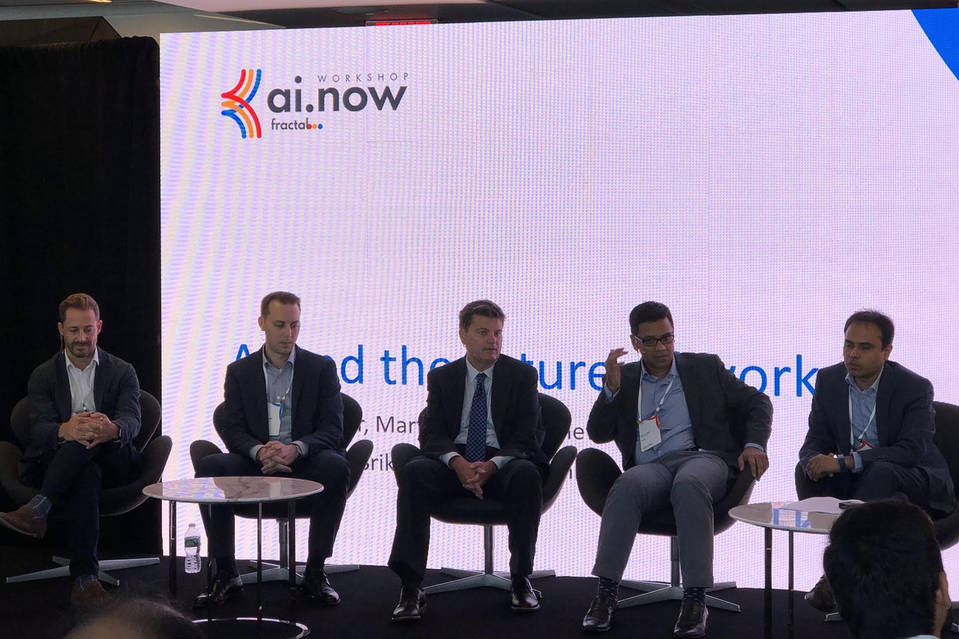
From left to right: Matthew Keylock, Head of Data and Analytics, Connected Solutions, Mars Petcare; Dennis Becker, Director, Global Data Science, Visa; Martin Ford, Author & AI Researcher; Natwar Mall, CEO, Cuddle.ai; Srikanth Velamakanni, co-founder & Group Chief Executive, Fractal Analytics PHOTO: FRACTAL ANALYTICS
NEW YORK — Some good news (at last) for humankind. Artificial intelligence systems excel at collecting and processing data, but humans, blessed with the innate skills of understanding context, managing interpersonal relationships and having intuition, remain invaluable, said panelists Thursday at the AI.now workshop, hosted by Fractal Analytics.
Advanced AI systems are unable to explain how they make decisions — which means humans also will be needed to supervise.
“You don’t just need people to build AI systems, but you also need people that know how to work with that black box, that have intuition and understand the outcome,” Dennis Becker, director of global data science at Visa Inc., said at a panel event about AI and the future of work.
Many firms and analysts say the big value in AI comes when it’s paired with human workers, in what’s known as “AI augmentation.” In 2021, AI augmentation will generate $2.9 trillion in business value and recover 6.2 billion hours of worker productivity, according to forecasts from Gartner Inc.
IT executives at companies such as Nasdaq Inc. have said they’re developing AI systems that will help analysts write portions of financial reports, freeing them up to spend more time providing deeper context and advising clients. “For now, the conservative approach is that it’s used as more of a productivity tool. We don’t see 100% elimination of the human,” Brad Peterson, Nasdaq’s chief information and chief technology officer, said in a recent interview.
AI will significantly augment human decision-making at pet food and veterinary health provider Mars Petcare, said Matthew Keylock, the company’s head of data analytics. An AI-enabled activity tracker, for example, could one day help pet owners and veterinarians identify potential diseases sooner, he said. But humans will still be essential especially in areas where intuition and emotion are necessary, he said.
“We can get machines to do some of the job … but human-to-human interaction is still critical. The art of selling, understanding relationships and understanding context is important and really hard,” Mr. Keylock said at the event.
AI could be particularly helpful in areas of health care such as radiology and pathology in which human health care providers currently rely heavily on tissue and imaging analysis, said Steven E. Goldberg, vice president of medical affairs and population health at Quest Diagnostics Inc.
In the future, one doctor could be in charge of 10,000 radiology or pathology-related cases per day that are all machine-reviewed first, said Dr. Goldberg, also chief health officer of health and wellness at Quest.
“You’re less likely to see that occurance in a primary care setting where the intimacy is a bit more important,” he said at a panel session on AI and business value.
Customer service representatives and salespeople could also benefit from AI systems that could predict what a customer might be calling about ahead of time, or offer a salient data point that helps sway prospective customers, said Kjell Carlsson, senior analyst at Forrester Research Inc., at the event.
Companies such as Sprint Corp. are developing such AI software programs, which can suggest the next best steps for call center employees to take during customer calls.
As AI progresses, humans shouldn’t lose sight of our inherent strengths, said Martin Ford, author of the book, Rise of the Robots: Technology and the Threat of a Jobless Future.
“I think it’s very important that we don’t lose our high-level cognitive decision-making and evaluation capabilities,” he said. “That’s something we need to prioritize.”

